PayPal launches facial recognition mobile payment trial
Smartphone users in West London can trial new mobile payments service to pay for goods and services

Sign up today and you will receive a free copy of our Future Focus 2025 report - the leading guidance on AI, cybersecurity and other IT challenges as per 700+ senior executives
You are now subscribed
Your newsletter sign-up was successful
Shoppers in Richmond, West London, are being offered the chance to trial a new PayPal app that will allow them to pay for items using facial recognition technology.
Approximately a dozen Richmond-based retailers are thought to have signed up to the PayPal Check In trial, which will allow customers to pay for goods using their PayPal accounts.
Customers will be able to leave their wallet or purse at home and pay using their phone or tablet.
The app, which works on iOS, Windows and Android devices, flags local shops and restaurants that accept PayPal payments, before asking users to check in. The person's name and photograph is then passed onto the outlet's payment system, and the retailer can then charge them for goods and services by clicking on their image.
To verify the transaction took place, users will receive a notification on their phone, and a receipt will be despatched to the email address linked to their PayPal account.
The company hopes the service will be rolled out to more than 2,000 locations before the end of 2013.
Rob Harper, head of retail services at PayPal, said the trial is a significant step in the development of the "wallet-less" high street.
"Customers will be able to leave their wallet or purse at home and pay using their phone or tablet," said Harper.
Sign up today and you will receive a free copy of our Future Focus 2025 report - the leading guidance on AI, cybersecurity and other IT challenges as per 700+ senior executives
"We predict by 2016 this will become a reality," he added.
He claimed the Richmond trial will also enable businesses in the area to provide customers with a more personalised shopping experience.
"Through our Richmond initiative, we're pleased to help local businesses of all sizes offer a new more personal experience, while never having to turn away customers who don't have enough cash on them to pay," he explained.
-
 Mistral CEO Arthur Mensch thinks 50% of SaaS solutions could be supplanted by AI
Mistral CEO Arthur Mensch thinks 50% of SaaS solutions could be supplanted by AINews Mensch’s comments come amidst rising concerns about the impact of AI on traditional software
-
 Westcon-Comstor and UiPath forge closer ties in EU growth drive
Westcon-Comstor and UiPath forge closer ties in EU growth driveNews The duo have announced a new pan-European distribution deal to drive services-led AI automation growth
-
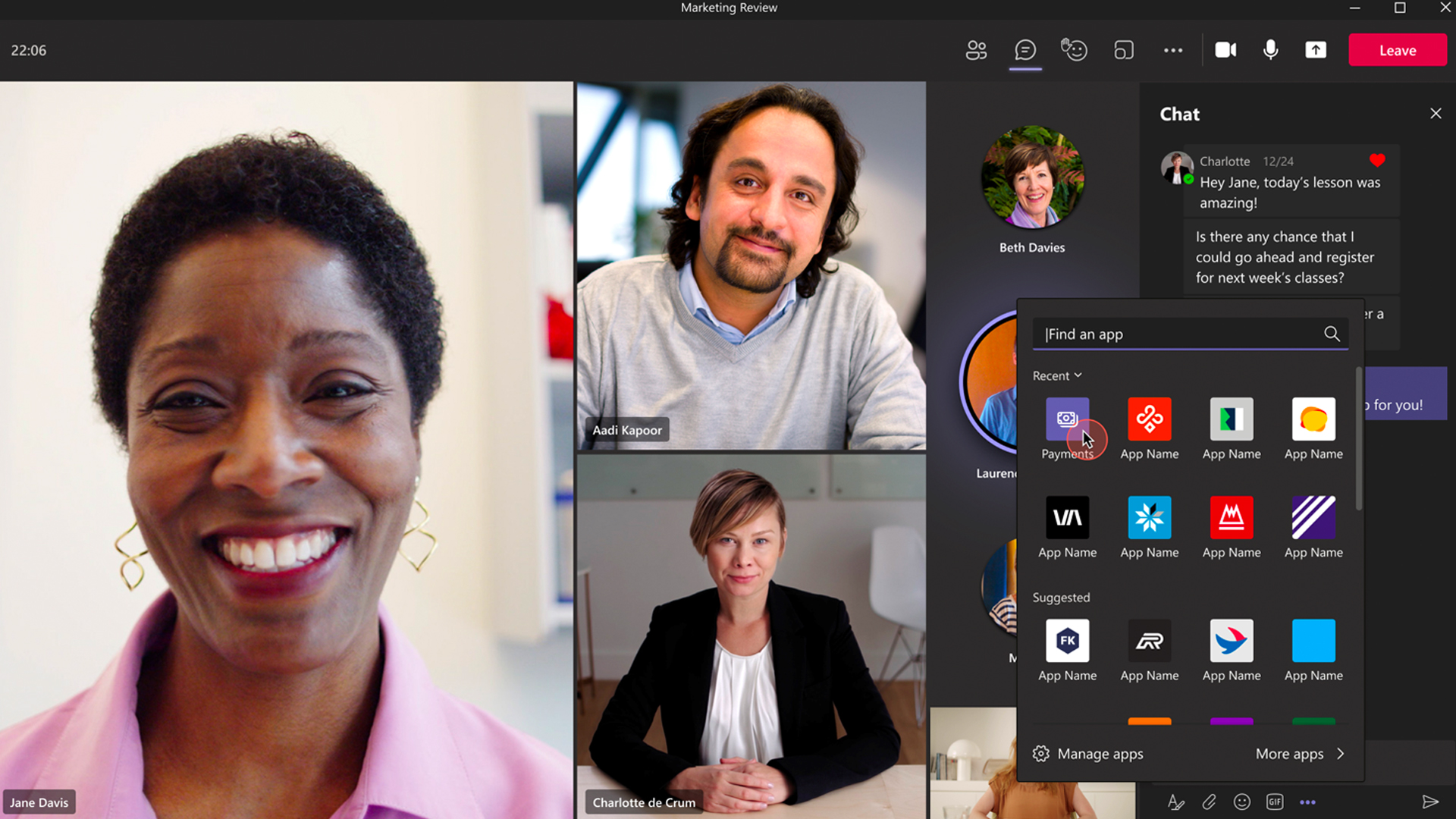 Microsoft Teams now allows SMBs to collect payments in meetings
Microsoft Teams now allows SMBs to collect payments in meetingsNews With the help of PayPal, Stripe, and GoDaddy, the Microsoft Teams Payments app offers in-meeting payment requests
-
 Microsoft angers admins as April Patch Tuesday delivers password feature without migration guidance
Microsoft angers admins as April Patch Tuesday delivers password feature without migration guidanceNews Security fixes include a zero day exploited by a ransomware group and seven critical flaws
-
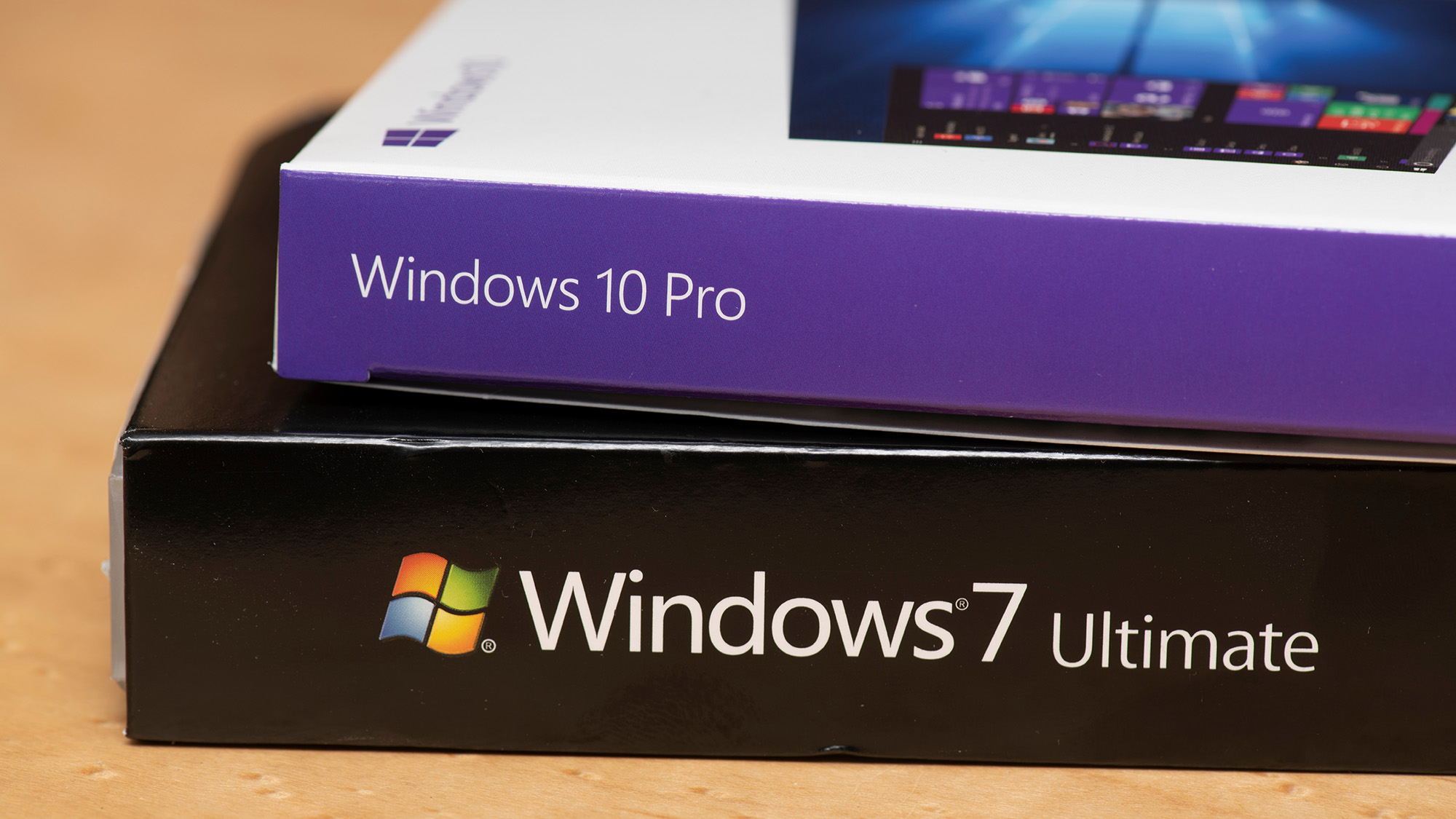 Managing a late migration
Managing a late migrationOpinion When it comes to moving from Windows 7 to Windows 10, it's better late than never
-
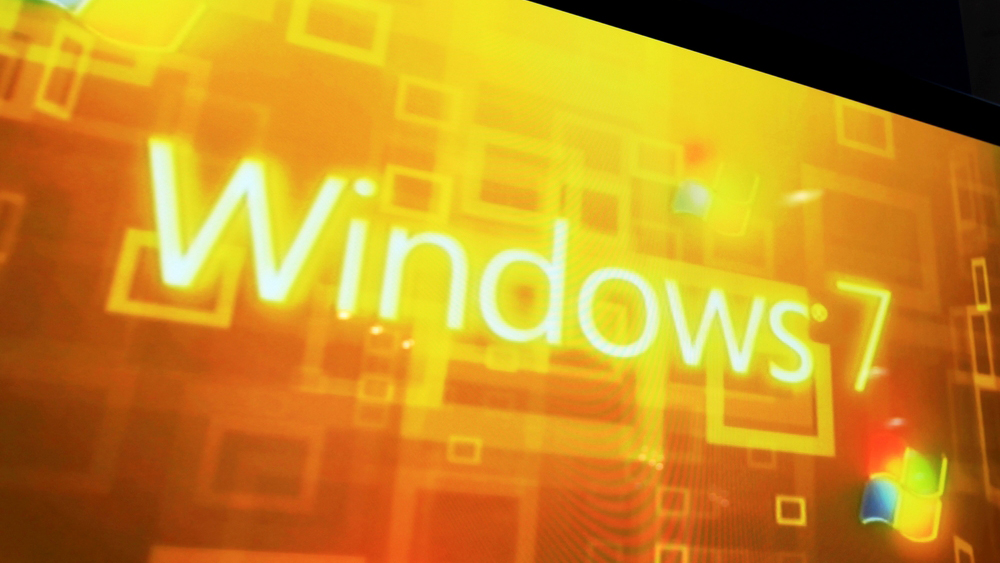 How to set up a Windows 7 emulator for Windows 10
How to set up a Windows 7 emulator for Windows 10Tutorials A complete guide for setting up a Windows 7 emulator for Windows 10 so you don’t lose access to your apps
-
 The autopsy of Windows 7
The autopsy of Windows 7In-depth Report of a postmortem examination
-
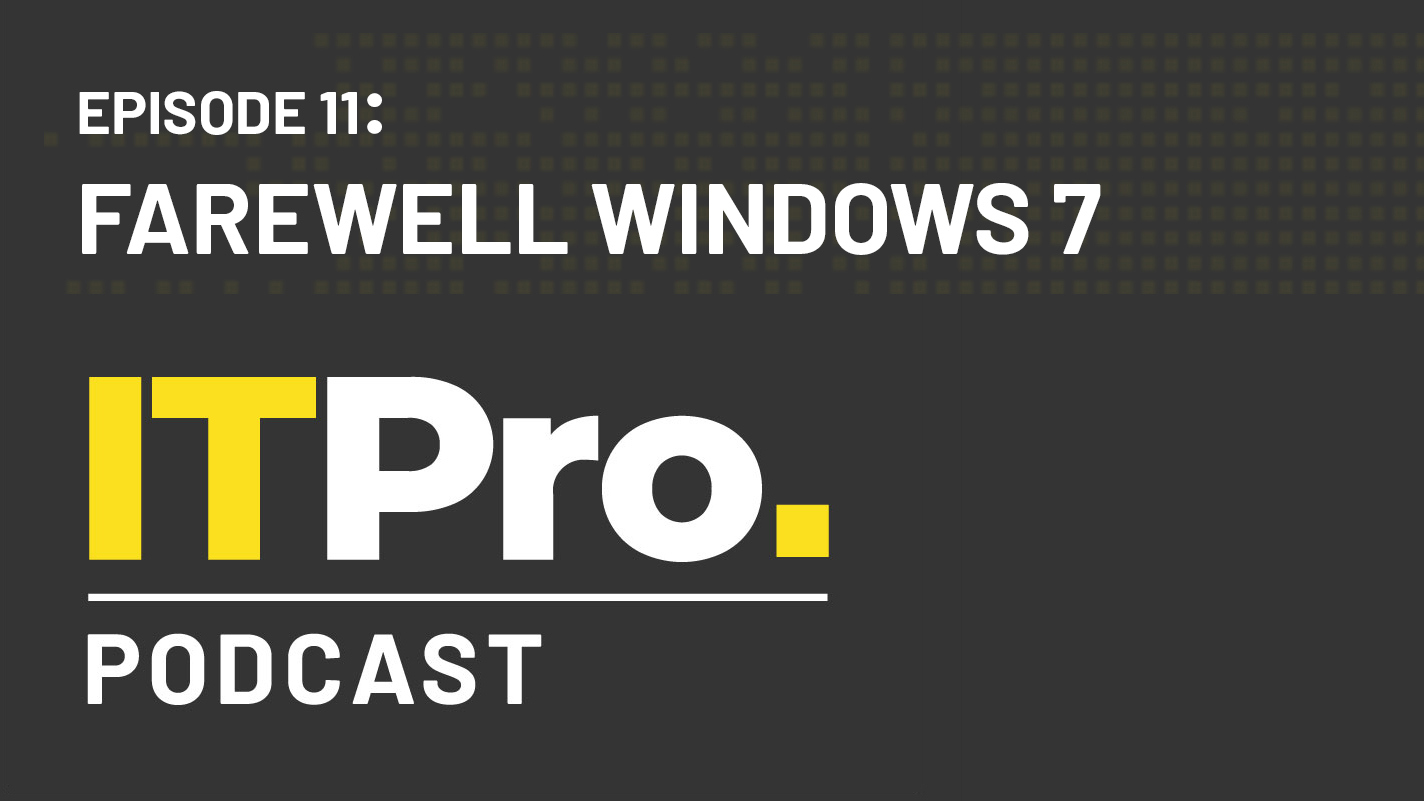 The IT Pro Podcast: Farewell Windows 7
The IT Pro Podcast: Farewell Windows 7IT Pro Podcast We reflect on the legacy of one of Microsoft's most enduringly popular operating systems
-
 Windows 7 ends: what do you do next?
Windows 7 ends: what do you do next?In-depth From SMBs to big business and individuals, after 10 years it's time to move on from Windows 7
-
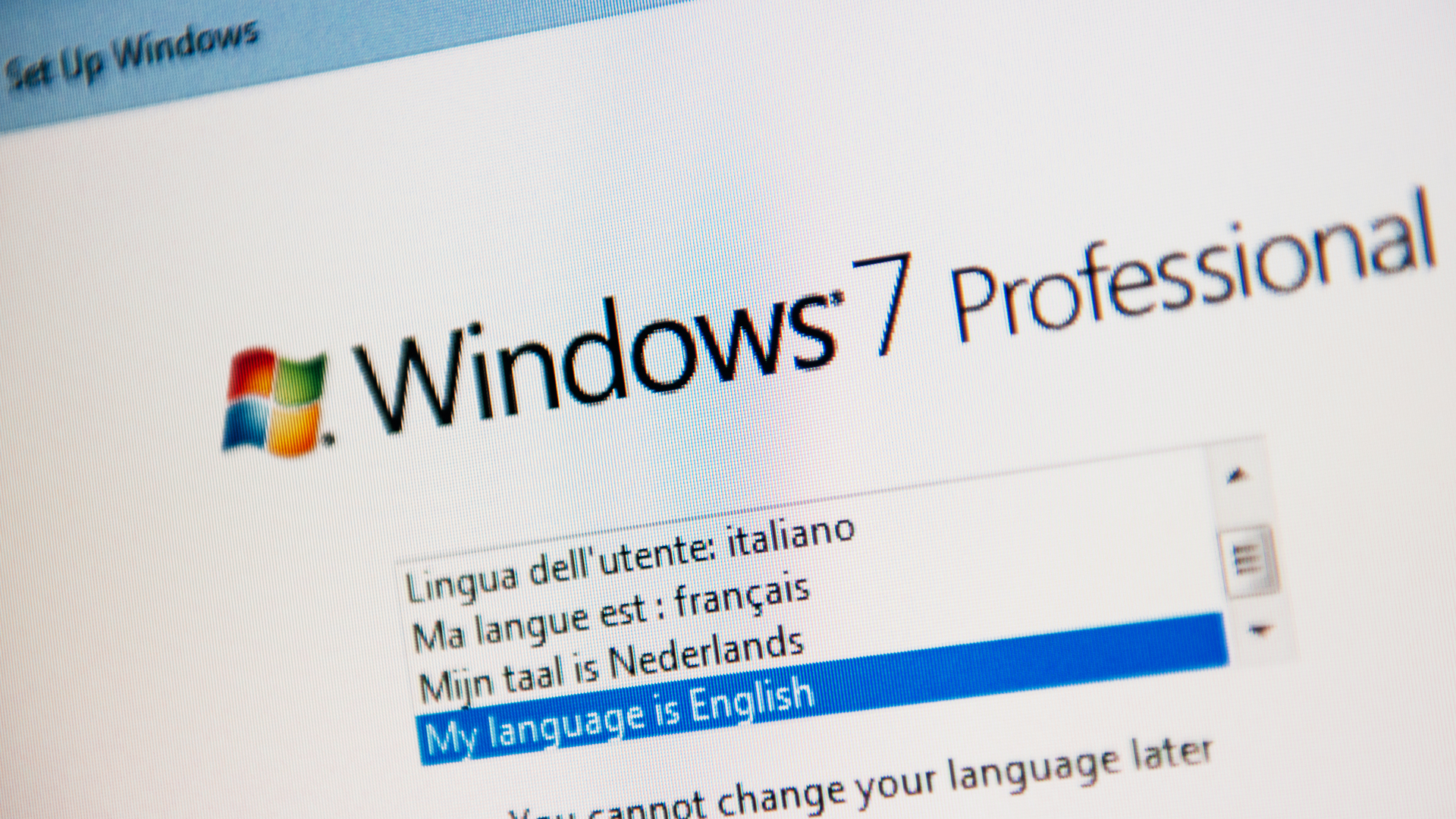 Windows 7 end of life: What to do if you haven't upgraded yet
Windows 7 end of life: What to do if you haven't upgraded yetIn-depth Microsoft has now officially moved Windows 7 to end of life, meaning it's no longer a viable business platform